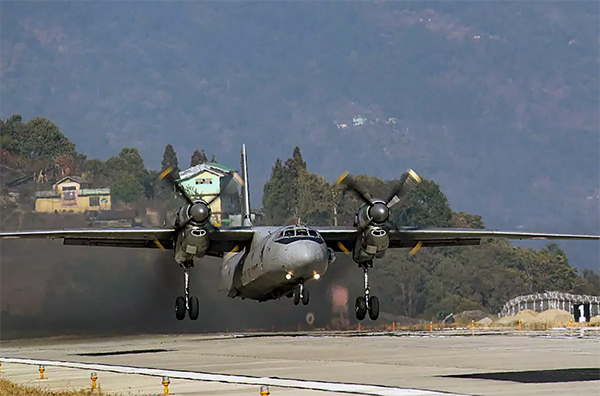The Centre is exploring the possibilities of making telecom towers switch from diesel to ethanol to boost the consumption of the greener fuel and reduce dependence on the imported fossil fuel, Union Minister Nitin Gadkari said on Sunday.
Addressing the Sugar & Ethanol India Conference 2022, Union Minister, Nitin Gadkari said, “There are four lakh operational telecom towers in India, and they use diesel generators for power. If we replace diesel with ethanol then we can boost consumption of ethanol. Kirloskar and other companies have found a way to use 100 per cent ethanol to run the generators. Karnataka, Tamil Nadu and Uttar Pradesh have large quantities of ethanol, which can be tapped into.”
Ethanol, an alternative to ATF
Gadkari also advocated the use of ethanol in aviation as an alternative to aviation turbine fuel (ATF). Besides using ethanol in commercial jetliners, Gadkari said that the government is talking to the Indian Air Force for using ethanol for powering its aircrafts. In 2018 no-frills carrier SpiceJet operated India’s first test flight powered by biojet fuel on the Bombardier Q400 aircraft.
“We are in talks with the Indian Air Force chief and defence forces. We are exploring the possibilities of increasing the usage of ethanol in the IAF,” Gadkari added. On January 26, 2019, a biojet fuel-powered Indian Air Force transport aircraft AN-32, flew over Raj Path as part of the Republic Day celebrations.
India is able to produce 465 crore litre of ethanol per annum at present. When E20 (20 percent ethanol blending in petrol) is approved the consumption will shoot up to 1,500 crore litre. According to Gadkari, in the next five years ethanol requirement is expected to go up to 4,000 crore litre. India has allowed blending of up to 10 per cent (E10) as of now. All vehicles manufactured in India are tuned for E10.
Some automotive companies have either launched vehicles that are powered by 100 percent ethanol or are in the development process. Home grown heavyweights Bajaj Auto and TVS Motor Company have developed motorcycles that can run only on ethanol.
“We have three pumps in Pune but no one has turned up to fill ethanol in them. Bajaj, TVS and Hero have developed two-wheelers that can run on ethanol. Three-wheelers too are being developed to run on ethanol. I have asked construction equipment manufacturing companies to give up diesel engines and switch to petrol before switching to flex engines,” Gadkari added.
Flex Fuel Vehicles
Flex Fuel Vehicles (FFV) are capable of running on 100 per cent petrol and on 100 per cent bio-ethanol or a combination of both. Gadkari said that not only has there been a ‘record sugar production’ this year in the country, the selling price received has also been high. The high price was, however, due to drought in Brazil, the biggest exporter of sugar in the world, Gadkari noted.
“Government of India has decided to give a go-ahead to open ethanol pumps. I request sugar factory owners to make ethanol available at their factories and in their areas. This way ethanol consumption can be increased. I am talking to the ministry of petroleum and natural gas. It is better for our future to reduce sugar production and increase ethanol production,” Gadkari added.


















